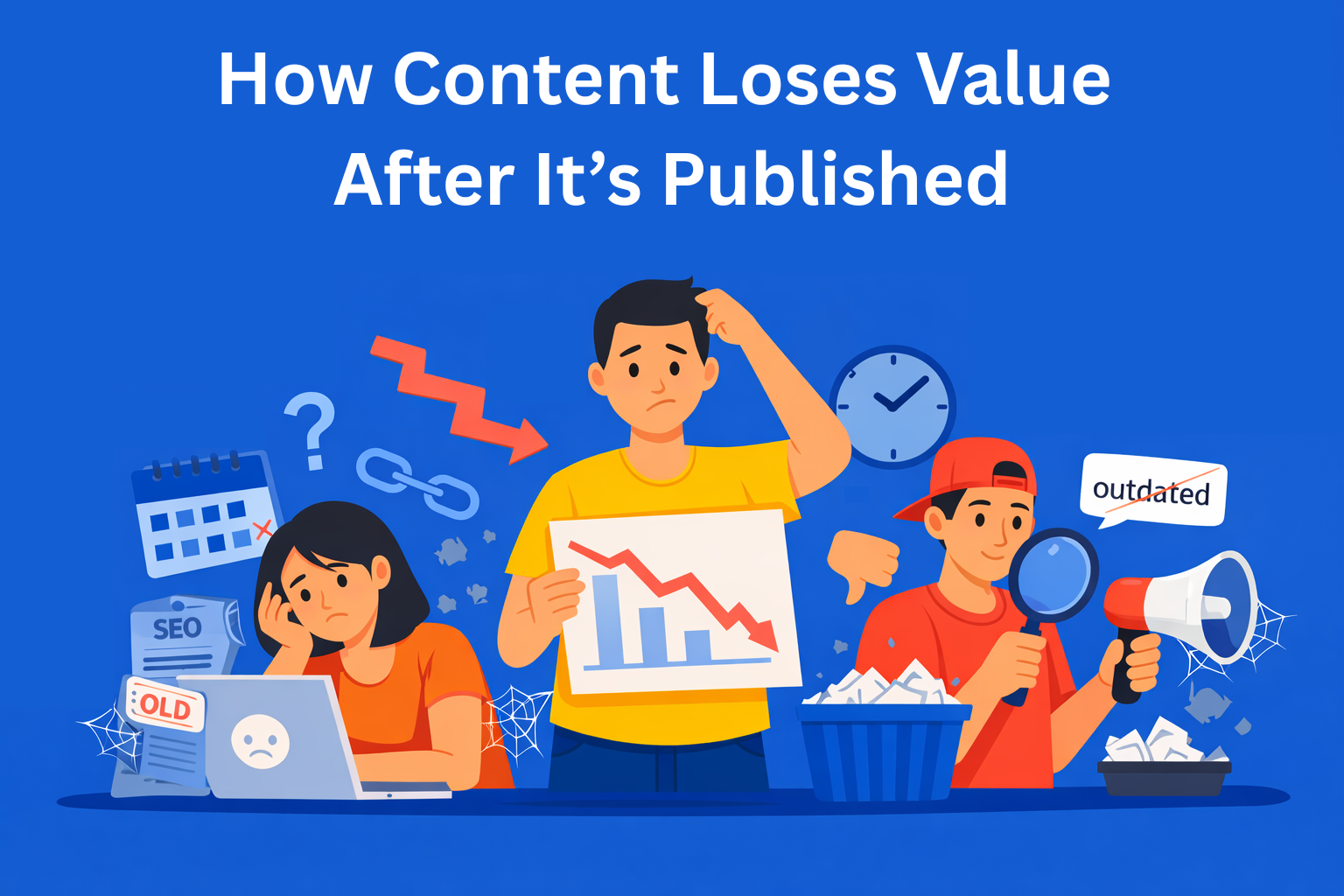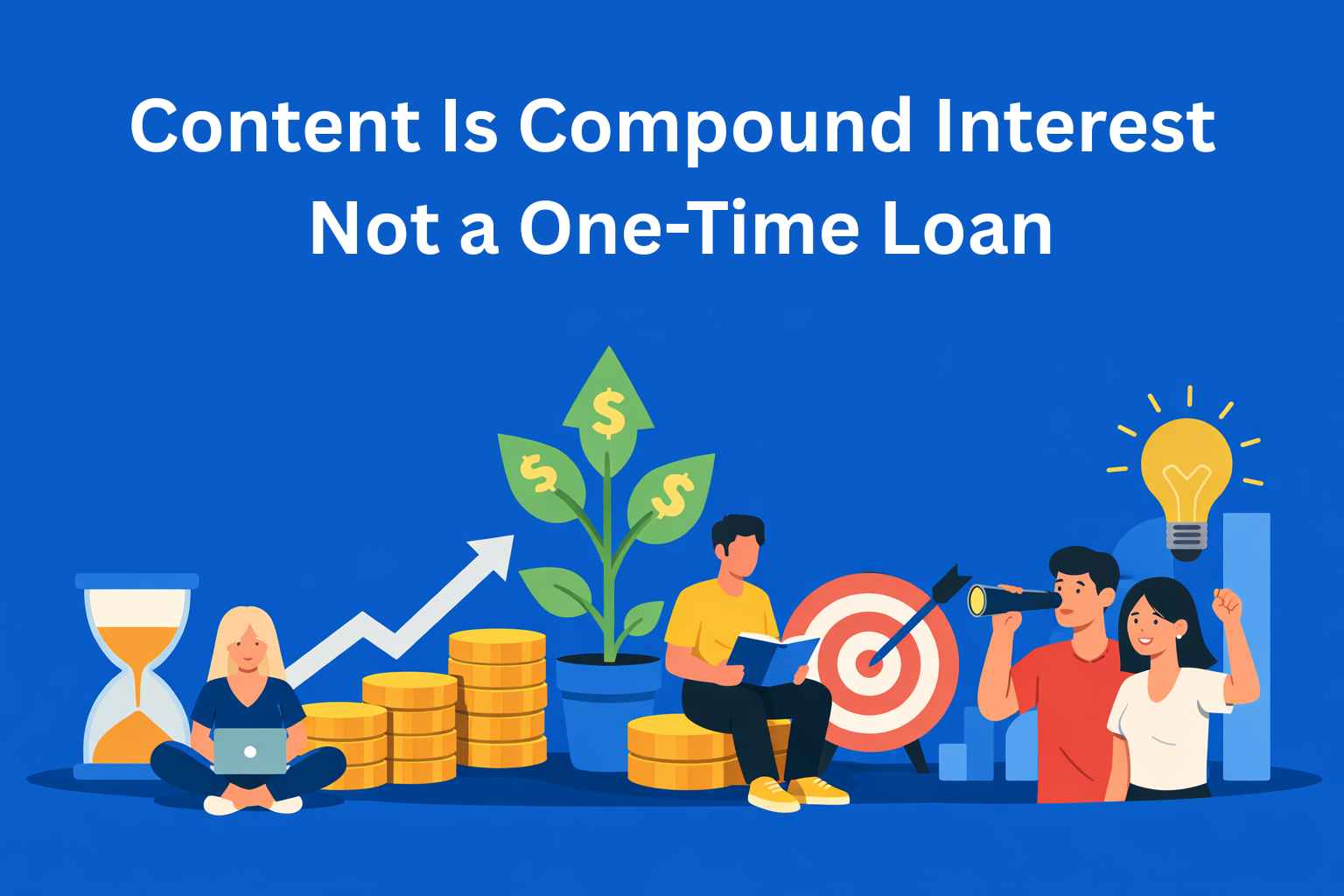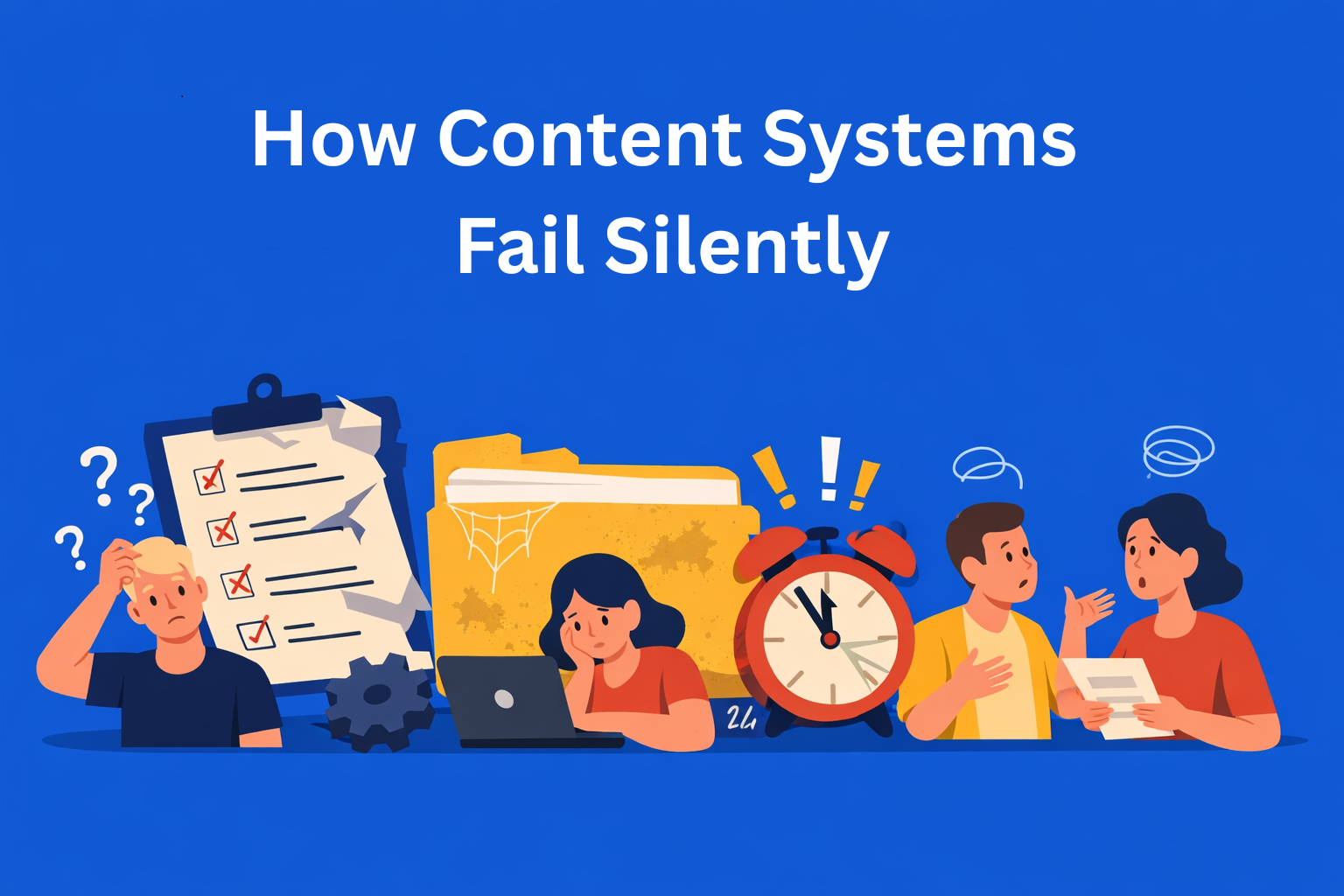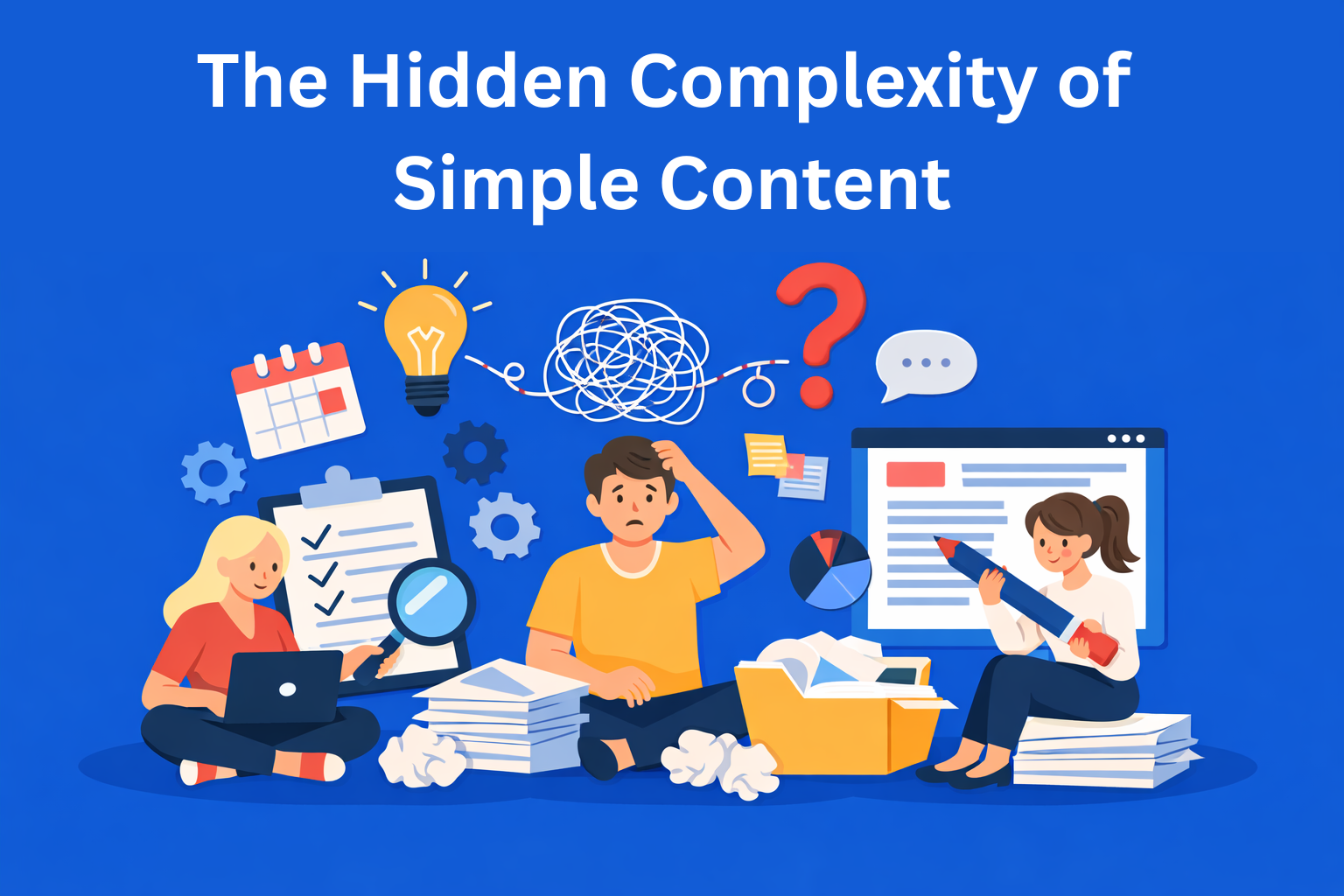Is AI-Generated Content Penalized by Google? What You Should Know in 2025
Wondering if Google penalizes AI content in 2025? Here’s the truth: Google cares about quality, not who writes it. Learn what matters most for ranking high and how to make AI + human creativity your winning combo.
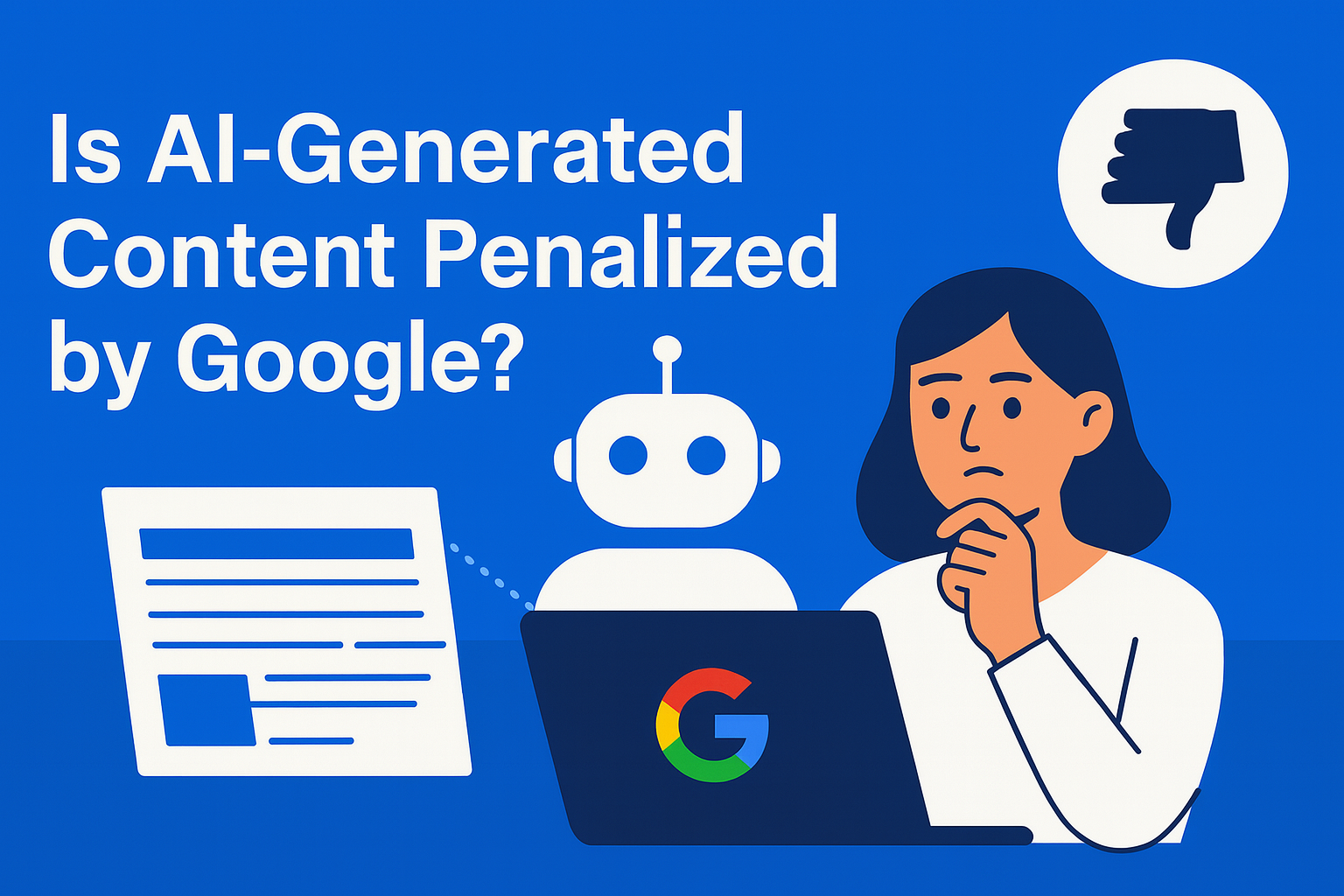
AI tools have exploded in recent years, and today almost everyone uses ChatGPT, Claude, or Jasper to write blogs, articles, and even books. But one big question still lingers: Does Google penalize AI-generated content? If you’re in content marketing or run a blog, you probably want to know the answer. In 2025, things are much clearer than they were a few years ago, so let’s bust the myths and explain what Google really expects.
Key Takeaways
- Google doesn’t penalize AI content - What matters is quality, not who (or what) wrote it.
- Helpful, original content wins - Thin, spammy, or factually wrong text will hurt rankings.
- E-E-A-T is still key - Show Experience, Expertise, Authoritativeness, and Trustworthiness.
- AI + human touch works best - Review, edit, and add unique insights for credibility.
- Avoid risky practices - No mass automation, keyword stuffing, or unchecked facts.
Does Google Penalize AI Content?
The short answer: No, Google does not penalize content just because it’s created with AI. Google has said multiple times that it doesn’t care who writes the content - it cares about how helpful and high-quality it is. The main rule hasn’t changed: focus on the user and provide value.
So, if you use AI as a tool to create original and valuable content, you’re good. Problems start when content is mass-produced with no purpose or used just to game search rankings.
How Google’s Approach Evolved (2022–2025)
Remember 2022? Everyone was worried that AI-written content would get penalized. Google didn’t have a clear stance back then, and everything seemed uncertain. Then came 2023 and the Helpful Content Update, which changed everything. Suddenly, it wasn’t about who wrote the content, but whether it was useful and original.
By 2024, Google introduced AI Content Transparency guidelines, suggesting that transparency is nice but not mandatory. And in 2025? The rules are clear: AI is welcome as long as the content meets quality and accuracy standards.
What Does Google Really Want?
If you want your content to rank well, remember this simple formula: E-E-A-T, which stands for Experience, Expertise, Authoritativeness, and Trustworthiness. In practice, this means showing your experience, proving you know your topic, and making your content look credible and reliable.
Google checks if your content offers something new and helpful (like your personal insights or actionable tips) rather than just generic sentences. AI can help, but your voice and experience make the difference. And don’t forget to cite sources - that’s a huge plus.
When Can AI Content Be a Problem?
AI can save you time, but watch out for these pitfalls:
- Thin content: Shallow text with no real value.
- Keyword stuffing: Overloading keywords - Google spots this easily.
- Hallucinations: AI sometimes invents facts. Always fact-check.
- Mass automation: Publishing dozens of articles daily without human review is spam and risky.
Best Practices for 2025
If you’re using AI to create content, here are some tips:
- Human-in-the-loop: Always add a human touch - review, edit, and add your thoughts.
- Fact-checking: Make sure everything is accurate and include reliable sources.
- Be transparent: Not required, but you can mention AI assistance if you want.
- SEO tips: Use AI for ideas and structure, but quality comes first.
Myths vs Reality
- Myth: “All AI content is penalized.”
Reality: It’s not the tech, it’s the bad content that gets penalized. - Myth: “AI content can’t rank high.”
Reality: It can - if it’s valuable and follows Google’s guidelines.
Conclusion
AI isn’t going anywhere, and Google doesn’t see it as a threat - it sees it as a tool to create better content. The trick is balance: use AI to speed up work and generate ideas, but always add your knowledge and personal touch.
If you want to succeed in 2025, forget about pumping out generic text. Focus on helpfulness, originality, and trust. Combine AI with human creativity - and you’ve got the perfect recipe!



